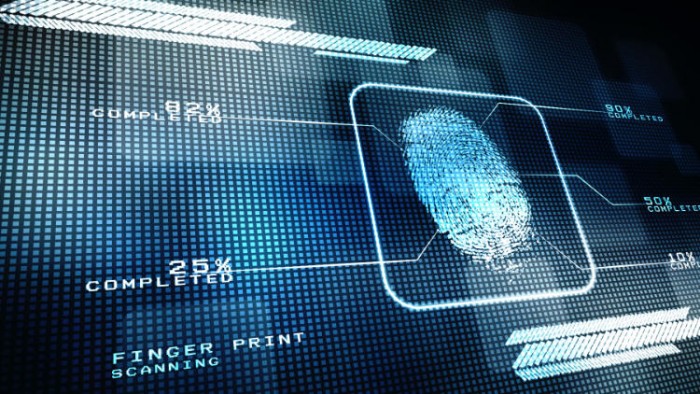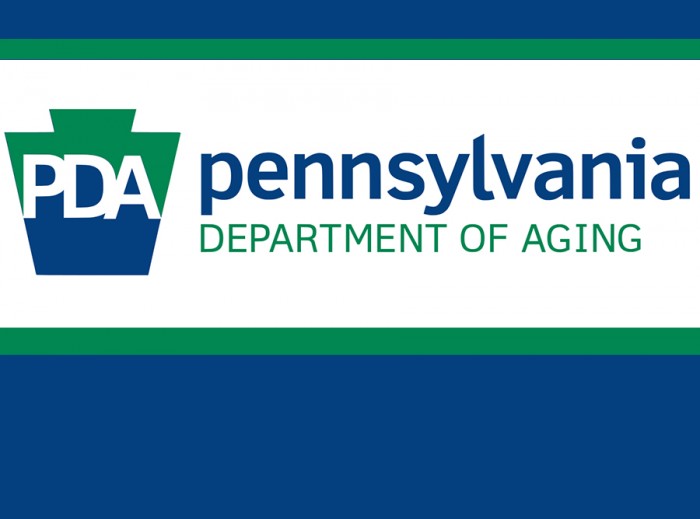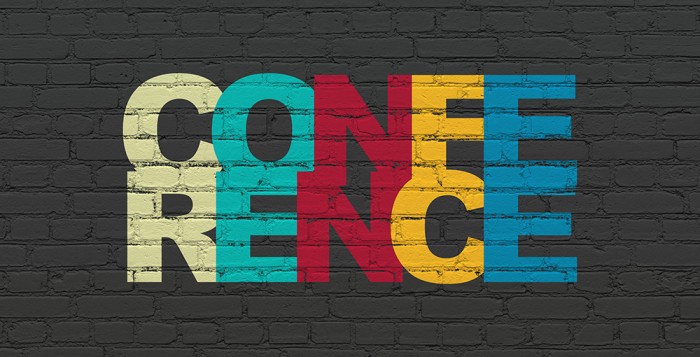The Centers for Medicare and Medicaid Services (CMS) released the calendar year (CY) 2021 Medicare Physician Fee Schedule (MPFS) final rule. The final rule delivers on President Trump’s recent Executive Order on Improving Rural Health and Telehealth Access by adding more than 60 services to the Medicare telehealth list that will continue to be covered beyond the end of the public health emergency (PHE). This equates to Medicare beneficiaries in rural areas having more convenient access to health care.
Other provisions included in the final rule include:
Payment for Office/Outpatient Evaluation and Management (E/M) and Comparable Visits
In this final rule, CMS continues to prioritize this investment in primary care and chronic disease management by increasing the value of many services that are similar to E/M office visits such as maternity care bundles, emergency department visits, end-stage renal disease (ESRD) capitated payment bundles, and physical and occupational therapy evaluation services. These adjustments ensure that CMS is appropriately recognizing the kind of care where clinicians need to spend more face-to-face time with patients. In addition to the increase in payment for E/M office visits, simplified coding and documentation changes for Medicare billing for these visits will go into effect beginning on January 1, 2021. The changes modernize documentation and coding guidelines, which will significantly reduce the burden of documentation for all clinicians, giving them greater discretion to choose the visit level based on either guidelines for medical decision-making (the process by which a clinician formulates a course of treatment based on a patient’s information such as through performing a physical exam, reviewing history, or conducting tests) or time dedicated to patients. These changes are expected to reduce administrative burden so that clinicians can spend more time with their patients.
Professional Scope of Practice and Supervision
The final rule makes permanent several workforce flexibilities provided during the COVID-19 PHE that allow non-physician practitioners (NPP) to provide the care they were trained and licensed to provide without imposing additional restrictions by the Medicare program. The following changes have been finalized:
- Certain non-physician practitioners such as nurse practitioners and physician assistants can supervise the performance of diagnostic tests within their scope of practice and state law as long as they maintain required statutory relationships with supervising or collaborating physicians.
- Physical and occupational therapists will be able to delegate “maintenance therapy” – the ongoing care after a therapy program is established – to a therapy assistant.
- Physical and occupational therapists, speech-language pathologists, and other clinicians who directly bill Medicare can review and verify, rather than re-document, information already entered into a patient’s medical record by other members of the clinical team. As a result, practitioners have the flexibility to delegate certain types of care, reduce duplicative documentation, and supervise certain services they could not before, increasing access to care for Medicare beneficiaries.
Additionally, CMS announced a commissioned study of its telehealth flexibilities provided during the COVID-19 PHE. The study will explore new opportunities for services where telehealth and virtual care supervision and remote monitoring can be used to more efficiently bring care to patients and enhance program integrity, whether they are being treated in the hospital or at home.
CMS has also issued, for additional information, a Physician Fee Schedule Final Rule fact sheet, a Quality Payment Program Final Rule fact sheet and frequently asked questions (FAQs), and a Medicare Diabetes Prevention Program fact sheet.















